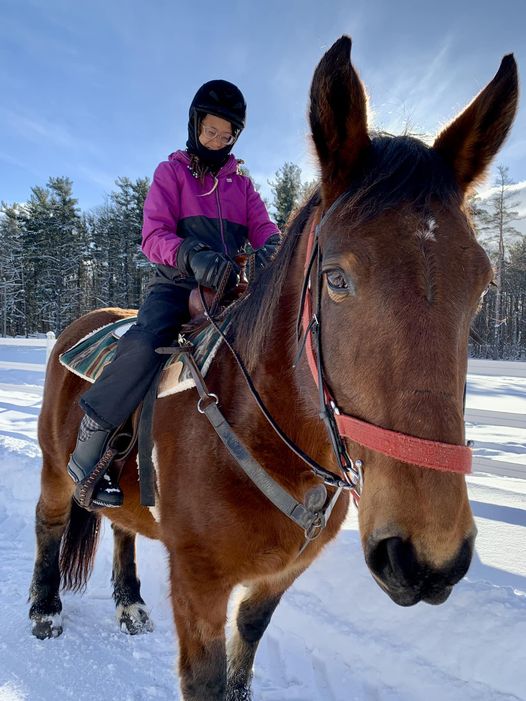-Equine-Assisted Therapy & Psychotherapy
-Equine-Assisted Hippo Therapy
-Integrated Animal Therapy including dogs and selection of livestock.
Equine-assisted therapy and Equine assisted Psychotherapy, referred to as EAP, EAT, refers to activities with horses that are conducted while being supervised by a mental health professional and an Equine specialist. This type of therapy is proven to help with anxiety, ADHD, eating disorders, addiction, depression, and many other mental health conditions, and, in addition to targeting symptoms of those disorders, is theorized to help patients build confidence, self- esteem, self awareness, and empathy.What to Expect in a EAT session will vary with each client and session but the framework is the same, the client will typically engage in activities with the horses, handling, horsemanship, grooming and in some sessions riding may be involved.
Afterward, the mental health professional and the client will discuss, medical team or parents and do a briefing of the session
Because horses have long been domesticated and live alongside humans, it’s thought that they are especially attuned to humans’ emotions and nonverbal signals and that they respond accordingly. While engaging in activities with the horse, the client will attempt to recognize how the horse’s behaviors might be due to their own emotional signals—a client who is angry or anxious, for example, may see the horse pull away or otherwise respond negatively. This “mirroring” process is thought to help the client identify what they’re feeling and potentially modify their emotions for the better, all in a non~judgmental environment. Equine specialists may also promote the practice of mindfulness, or focusing on the present moment, when the client is interacting with the horse.
Because horses are large, powerful, and may be intimidating to many people, engaging with them in a supervised environment is thought to help anxious individuals face their fears and practice vulnerability in a safe space. Indeed, some clients report that simply interacting with the horses and successfully guiding them through challenges is beneficial for their anxiety and self-esteem. Over time, many clients form a bond with the horse(s) they work with, which is theorized to foster empathy and build trust, especially among clients who have been traumatized in some way. What’s more, learning to interact with a horse calmly and safely is thought to help individuals, particularly children, who struggle with impulse control or hyperactivity.
 Tails on the Trails-Mindful Forest walking with critter of your choice
Tails on the Trails-Mindful Forest walking with critter of your choice


